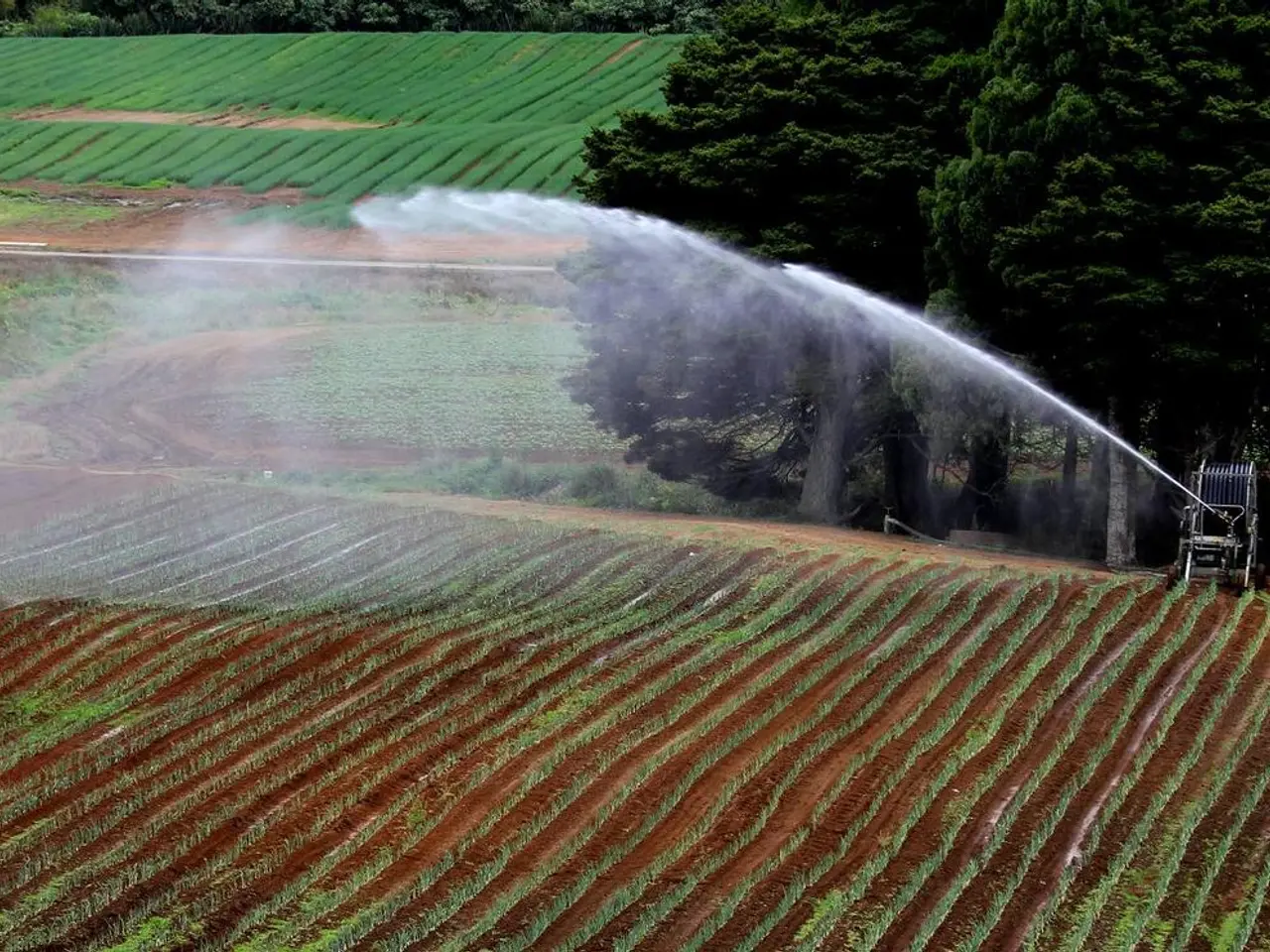Enhanced Soil Hydration Sensors Enhance Agricultural Productivity
In the world of modern agriculture, precision and efficiency are key to success. One tool that is revolutionising crop management is the humble Automatic Soil Moisture Sensor.
These small devices, placed in the ground, measure the moisture levels in the soil and send real-time data to a monitor or smartphone app. This allows farmers to make quick, informed decisions that can significantly impact crop yield.
Precision Irrigation for Water Conservation
Automatic Soil Moisture Sensors contribute significantly to precision farming and water conservation. By providing accurate, real-time data on soil water content, farmers can irrigate precisely according to crop needs, avoiding both overwatering and underwatering. This results in optimised water use, reduced water waste, and improved crop health.
Precise Irrigation Timing and Amount
The sensors measure soil moisture at various depths and locations in the field continuously. This data is sent to computers or mobile devices, allowing irrigation systems to activate only when and where water is needed, preventing excess irrigation or moisture deficits.
Field Variability Management
Because parts of a field can differ in moisture needs, sensor networks help map these zones to deliver customised water amounts to each, enhancing efficiency and reducing water loss through runoff or deep percolation.
Integration with Smart Irrigation Systems
Many soil moisture sensors are part of Internet of Things (IoT) networks connected to weather stations and automated valves. Using weather forecasts alongside soil data, these systems dynamically adjust irrigation schedules to conserve water, improve productivity, and save costs.
Water Savings and Sustainability
By optimising water application, sensors contribute directly to water conservation, which is critical in arid and semi-arid regions. They help reduce irrigation volumes while maintaining or increasing crop yields.
Embracing Technology for Sustainable Agriculture
Advancements in agricultural efficiency tools, such as Automatic Soil Moisture Sensors and drip irrigation, are tailored to meet the needs of farmers. They make it easier to navigate the challenges of modern agriculture while promoting sustainable practices.
Other tools include weather prediction apps that forecast weather patterns to help farmers plan farming activities, and soil analysis kits that provide detailed reports on nutrient levels, helping farmers make informed decisions about fertilizers and planting times.
The use of technology in farming, such as drones and automated machinery, also helps farmers monitor their fields from above and spot issues before they become big problems.
In summary, automatic soil moisture sensors transform irrigation from approximate schedules to data-driven, responsive management, which is essential for conserving water resources and improving agricultural efficiency in modern precision farming. These advancements are key to achieving sustainable farming practices and ensuring the long-term viability of our food production systems.
[1] Soil moisture sensors for precision agriculture [2] Impact of Automatic Soil Moisture Sensors on Irrigation Management [3] Smart Irrigation Systems and Automatic Soil Moisture Sensors
- By using Automatic Soil Moisture Sensors, farmers can integrate environmental science, such as understanding soil moisture levels, into their lifestyle and home-and-garden practices, optimizing water use and hence promoting sustainable irrigation.
- Incorporating technology like Automatic Soil Moisture Sensors, along with other innovation in agriculture such as drip irrigation, weather prediction apps, and smartphone-linked soil analysis kits, embraces the future of environmental-science-driven, sustainable lifestyle choices in farming.




